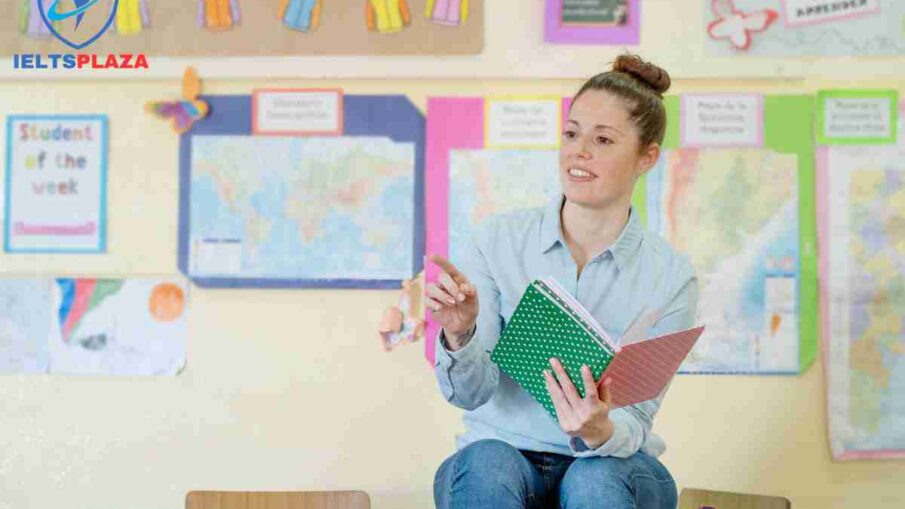Describe a time you taught something new to a younger person?
You should say
- When it happened
- What you thought
- Who you taught
- Why you taught this person
- How you felt about teaching
Sample Answer of Describe a time you taught something new to a younger person
A memorable time I taught something new to a younger person occurred last summer when I visited my cousin Priya, who is ten years old. Priya had always shown a keen interest in painting, and during my visit, I decided to teach her some basic watercolor techniques. I thought it would be a great way to nurture her creativity and help her develop a new skill.
Priya had been doodling and using crayons for years, but she had never tried watercolors. Seeing her enthusiasm, I felt it was the perfect opportunity to introduce her to this new medium. We gathered our supplies, set up a small workstation in her backyard, and began the lesson. I started with simple techniques like wet-on-wet, dry brush, and blending colors. She was quick to grasp the concepts and eager to try them on her own.
The reason I chose to teach Priya was not only because of her interest in art but also because I wanted to spend quality time with her and encourage her to explore her talents. Teaching her was a way to bond and share something I am passionate about. As we painted together, I was filled with a sense of fulfillment and joy. Watching her eyes light up with each new discovery and seeing her proud smile when she completed her first watercolor painting was incredibly rewarding.
Teaching Priya made me realize the importance of passing on knowledge and skills to the younger generation. It was a gratifying experience that strengthened our relationship and left me with a sense of pride in her achievements. The whole experience reminded me of the impact a little guidance and encouragement can have on a young mind.
Follow ups of Describe a Time You Taught Something New to A Younger Person
Question 1 What skills do adults need to have?
Answer- Adults need various skills to navigate life effectively, including communication, problem-solving, time management, financial literacy, and emotional intelligence. Adaptability and technological proficiency are also essential in today’s rapidly changing world. These skills enable adults to build successful careers, maintain healthy relationships, and manage personal and professional responsibilities efficiently.
Question 2 How can people be moUvated to learn new things?
Answer- People can be motivated to learn new things by setting clear, achievable goals, finding personal relevance in the subject, and receiving encouragement and support from others. Additionally, creating a stimulating and engaging learning environment, offering rewards and recognition, and fostering a growth mindset can significantly enhance motivation to learn and acquire new skills.
Question 3 What can children learn from teachers and parents?
Answer- Children can learn a wide range of essential skills and values from teachers and parents, including academic knowledge, social skills, moral values, and emotional regulation. Teachers provide structured learning and critical thinking, while parents impart life skills, cultural traditions, and ethical behavior. Together, they shape a child’s overall development and prepare them for future challenges.
Question 4 What are the skills that you wanted to learn?
Answer- I have always wanted to learn skills such as playing a musical instrument, mastering a new language, and improving my culinary abilities. Additionally, I am interested in developing proficiency in digital design and photography, as these skills can enhance both personal and professional growth, allowing for creative expression and new career opportunities.
Question 5 What skills should children learn before entering school?
Answer- Before entering school, children should learn basic social skills such as sharing, taking turns, and following instructions. They should also develop foundational literacy and numeracy skills, fine motor skills for writing and drawing, and the ability to recognize and manage their emotions. These skills prepare them for the structured learning environment of school and foster positive interactions with peers and teachers.
Follow- Us on IELTSPlaza Pinterest

Leave a Reply